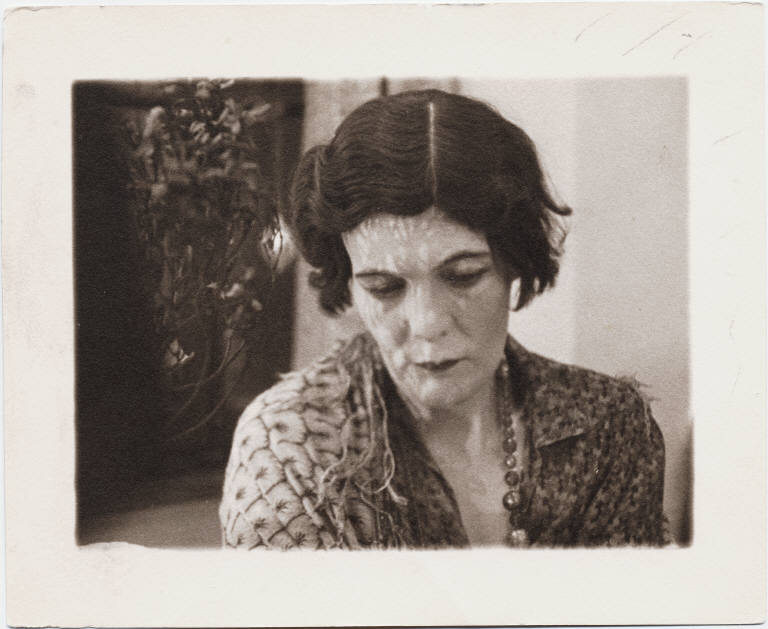 |
| detail from Michelangelo's The Last Judgment [Wikipedia Commons] |
from Robert Smithson's essay "What Really Spoils Michelangelo's Sculpture" in Robert Smithson: The Collected Writings:
Could it be that Michelangelo is nothing but a spoiled comedian, who spent long tedious hours working out intricate gruesome jokes, that really aren't too amusing? Are the grotesque horns on his Moses some kind of a limpid jest? In this drowsy domain devoid of mysterious smiles, there is an undertone of listless laughter and torpid humor. A sluggish and immobile sense of time besieges the viewer of this decadent paganism. Not sloth, but the deterioration of sloth is felt, a decayed acedia that proclaims an inner grief through a profound sense of laziness. An idleness so acute that the body turns to lead and bile, an odious perfection that renders a titanic spectacle of waste. A sinking city of muscles submerges the mind in a somnolence so awful that no escape is possible. A Weltanschauung of criscrossing flesh forces the mind down into brute matter, every action is sunk in "melancholy." In the "Slough of Despond" the foul rot of nature engulfs the entire system of gods and demons. Never has stagnation been more total. Weariness turns into humorous levels of moribund grandeur. Every creature undergoes incessant punishment, because of the enormous weight of this ironclad universe. Bodies are swollen out of proportion, fattened like hogs, they fall downward toward fetid swamps. Heaven becomes a pigsty, a dirt enclosure completely airless, flooded with bilge water — with skies of dusty tar. Muscles like enormous worms, and polypi fade under a sickly ashen light. A slumbrous mood thick with idleness and despair faults every beautiful monster. Before us a psychic state of sterile power unfolds, grave, persistent in its gloom. The slacken bodies seem to stumble over each other, like titanic puppets. It has been said that acedia is caused by an imbalance of humors, Michelangelo seems to prove that speculation. The infirmity of his melancholia seems infinite and unending. Sloth is exalted into a major humor, and its permutations cover a cosmic scale. The stars are replaced with twisted mountains of flesh, there even evil is corrupted. It all looks so disgusting . . . so contemptible — a tidal wave of infinite carnality, a fleshy mess pouring from heaven (which is no place). Wan hope is triumphant in this quagmire of confounded passion. The Saturnine time of neoplatonic order infects his prisoners with an otium corporis that corrodes all spiritual joy and fortitude. Out of this comes the dismal comedy of enervation, a devastated sense of humor, a ruined joke, mock sacrifice, an obliteration of doom. Only nature is left with its maggots and filth — a snake chewing a penis. But this is not sad, it is hilarious. The fatality of humor begins in languor and ends in a farce.
 |
| Robert Smithson |















